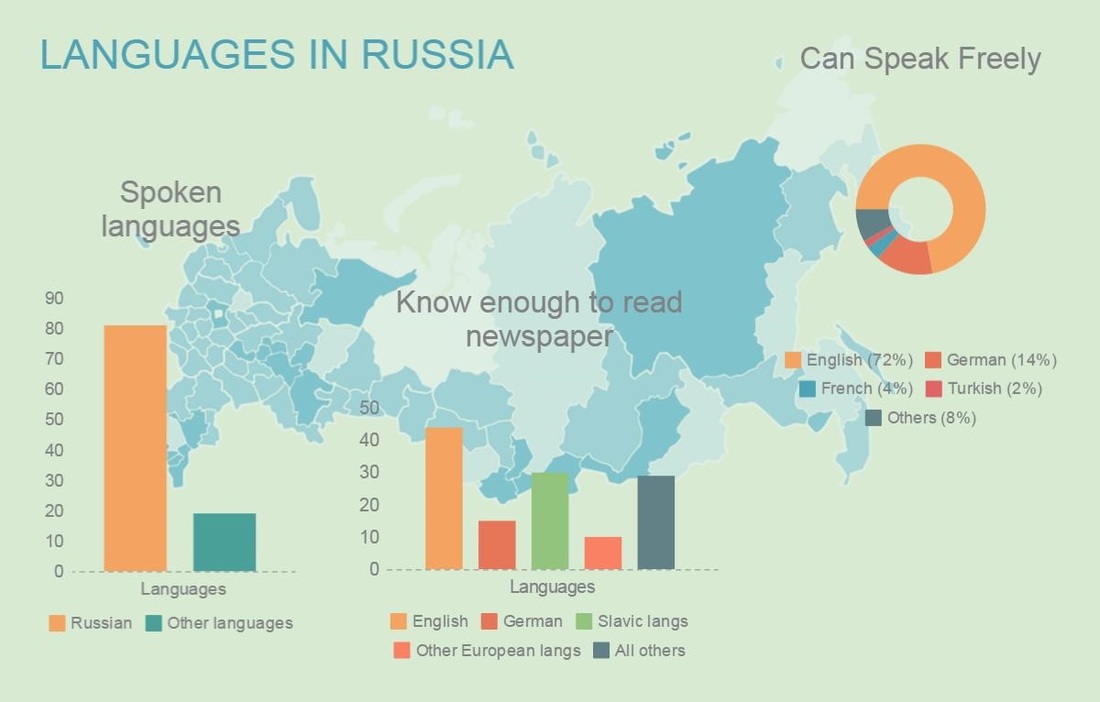
As of July 10, the examination process for migrants to assess their knowledge of the Russian language, Russian history, and legislation has been made more stringent. Businesses, however, argue that such increased complexity is excessive, particularly for seasonal workers. Simultaneously, the State Duma is considering legislation to abolish the language exam for migrants entering Russia under government quotas.

The updated regulations for obtaining work permits or patents now include a more rigorous Russian language, history, and law exam. The listening comprehension section has been expanded from two tasks to four, and minimum scores are now required for successful completion of this section. Furthermore, mandatory scores for both «Listening» and «Speaking» sections have been introduced for exams related to temporary residency or permanent residence permits. Rosobrnadzor (the Federal Service for Supervision in Education and Science) believes these measures will enhance the objectivity of assessing Russian language proficiency and motivate foreign nationals who wish to live and work in Russia to study the language more diligently. Despite these toughened requirements, the State Duma is moving forward with a bill, which has passed its first reading, to waive the Russian language exam for migrants brought in by employers under government quotas.
Business FM discussed the practical implications of these exams with various business representatives:
President of the Russian Gardeners Association and Doctor of Agricultural Sciences
“All our associations have sent three letters, both to the Ministry of Agriculture and the Ministry of Education, requesting simplification. We hire people for two or three months specifically for apple harvesting, but the process keeps getting more complicated.”
“What are the practical consequences of these exams?”
“This year, there`s a good harvest across all regions; we`re expecting at least two and a half million tons of apples, and there`s no one to pick them right now. People arrive, and they`re shuffled around, made to learn Russian and history. Why does someone who came to earn money for two days need Russian history?”
“So, in your opinion, the listening and speaking components are superfluous?”
“Who needs them? I understand if someone comes to Moscow to work as a taxi driver for a year, then, of course, they need Russian. But if they`re from Uzbekistan, here for two months to harvest apples, they see nothing but the dormitory, the cafeteria, and the orchard—they don`t need it. Their foreman speaks Russian, that`s it. What`s the problem? Feed them, water them, let them sleep, then go to work. Earned money, move on. They spend a month trying to pass, no one can pass. They hire teachers. The teacher speaks Russian, and the students don`t understand them. It would be funny if it weren`t so sad.”
Founder, CEO, and Owner of `Manufaktura Malyugina`, a sportswear manufacturer
“We haven`t felt the impact yet. In principle, it`s a necessary thing, but I can`t say anything about how it`s organized so far. However, I can say that when we hire people, we conduct our own listening assessment; we talk to them to see if they are capable of working. If they understand what we`re saying and we see that they comprehend, then it`s fine. If they don`t, we simply won`t hire them.”
President of the Association of Production and Trade Enterprises of the Fish Market
“We work with migrants from Tajikistan, Uzbekistan, and other countries, and for us, Russian language proficiency is vital for them; otherwise, we simply can`t communicate. Knowledge of Russian is necessary, but for what purpose? So that a person can understand what they are told and explain themselves freely—complex grammar shouldn`t be required. For a long time, no attention was paid to actual Russian language proficiency, but now, from my unprofessional point of view, the requirements for Russian are slightly exaggerated.”
“What are the practical outcomes of taking the exam?”
“Previously, everyone passed on the first attempt, but now a significant percentage are rejected.”
“Why can`t they pass on the first attempt?”
“In all our former Soviet republics where we work, the study of the Russian language is gradually deteriorating. Older individuals generally know the language much better than younger ones. In my opinion, the entire system with migrants is somewhat flawed. A migrant comes here to work, so the main document should be a contract, and the second main document should be a tax certificate showing what they pay. All other responsibility for migrants should lie with the employer. If we bring migrants from the post-Soviet space, they will understand Russian to some extent. But others will have zero knowledge of Russian. They are currently trying to bring people from Pakistan or North Korea.”
Business FM previously reported on a Sakhalin company that brought in Vietnamese builders, paid for their hotel accommodation, and preparation for the Russian language exam. The outcome: only one in ten passed, and «Yuvesta Company» ultimately had to pay for the Vietnamese workers` return journey home.











